
Share news
Listen
Has this been the greatest achievement in Ifema’s history?
It is hard to tell: every year and every day has its challenges and achievements. There have been many achievements that have made it possible for Ifema to turn 40 this year. The birth of Ifema was undoubtedly a very important achievement at a time where in Spain you could only hold fairs in four cities by law, and democracy gave rise to that, allowing the chamber of commerce to have that dream: to set up a trade show ground, then the trade shows… But without a doubt, in our most stabilized stage, the COP has been one of our greatest achievements, perhaps not because of the size of the event in terms of number of visitors or halls (we have already had several events of this size), but yes, in terms of challenge and visibility it has given worldwide to Spain and Madrid.
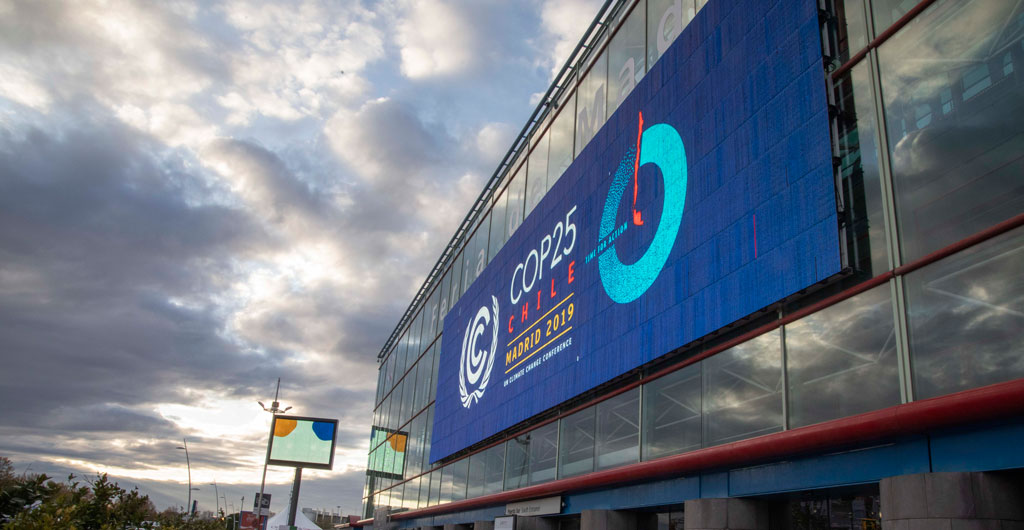
I guess getting this event was a very atypical process. Wasn’t it?
After Chile turning it down, welcoming him in Spain was a request from the Ministry of Economic Transition, and we had to prove that we were capable, and go for it. I received a call from the Minister who said: “we are thinking of hosting the climate summit,” and my question was: “for what year?” The answer was: “for this month.”
Based on this we analyzed the needs and started the process: first we looked at the capacity we had (we could not cancel events already scheduled), and second, we ensured that we had the ability to make it on time with all the requirements.
Has the fact that it was an event planned in another country influenced your work?
We indeed didn’t start from zero: there was a project already conceived for Chile. We had to bring it here and adapt it, and this did make things easier. But on the other hand there was not a single interlocutor: there was the United Nations, the Spanish government, the Chilean one… We had to coordinate with these three parties and get to align all results. Our response was quick: they proposed the challenge at 12:30, and at 14:00 we confirmed our positive answer. But the requirements increased with time: at first they were 20,000m2, then 40,000m2, and when we called again, they confirmed 80,000m2.
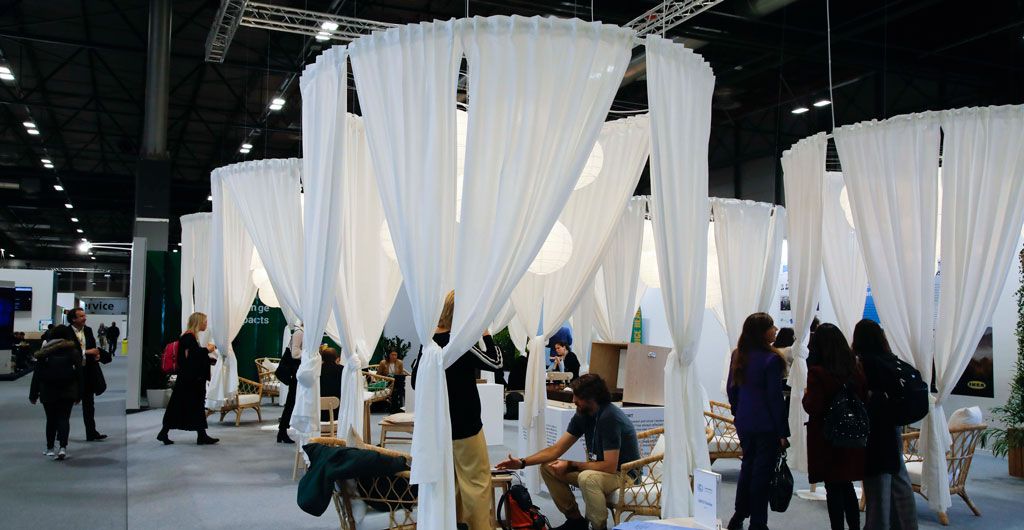
The first challenge is project management, how was it organised?
We worked as a team; each department assumed responsibility for their task. We had a daily meeting where we analysed jointly the problems, designed solutions and saw how it could affect the rest of the tasks. We managed the project internally, under my coordination. We have drawn an important lesson: when the whole team is focused on the same goal, great results are achieved. I have received notes from employees, proud to work at Ifema, and that has tremendous merit. People have a special affection for this house, and that got the workers to make a relentless effort: entire days, and practically from November 1st to December 13th.
This gives you a very powerful international reference…
Definitely. We have received congratulations from the United Nations, the Ministry, the Presidency of the Government… It is a great business case of how Ifema and Madrid as a city have been able in such a short time to organize a summit of this complexity and dimensions. Now it is important that everyone knows the professionalism of ifema, its facilities, its professionals.
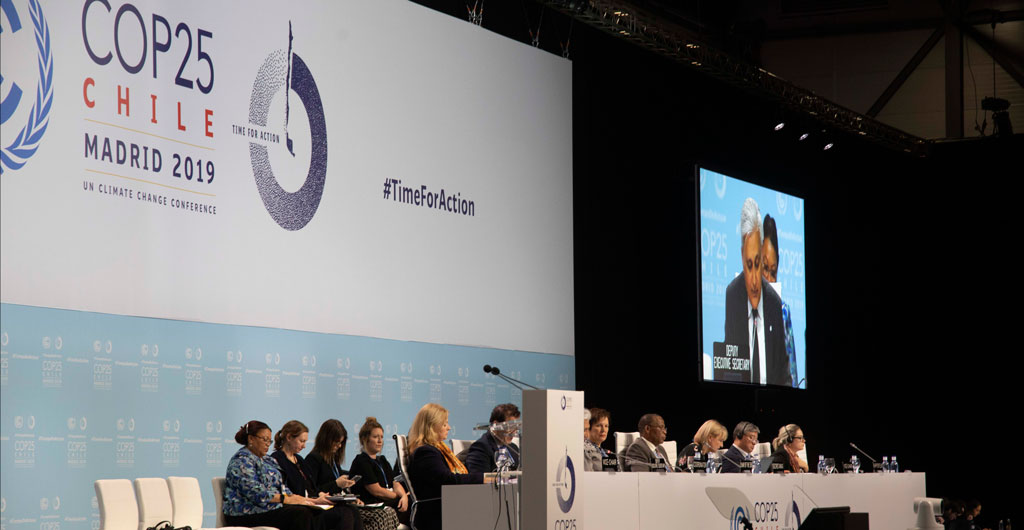
But not everything has been held in Ifema, it has also shown Madrid’s spectacular capacity in transport, accommodation, airport communication… Now it’s time to think about future challenges, and position Madrid even better as a MICE destination.
What main challenges were there in organizing an event of this size and complexity?
We have 40 years of experience organizing fairs and events, we have a team of professionals who know perfectly what works and what does not.
An especially sensitive issue was security management: our security director had to coordinate with the United Nations, the Spanish police, the city police, to define how we setup the event with its very specific requirements. Part of this venue was territory of the United Nations during that time, as would be an Embassy, so Ifema did not have control over that site, nor did the National Police. The United Nations took possession of the enclosure, a formal delivery of the keys was made, they raised the United Nations flag. Another complex issue was telecommunications; We always had two providers, one official and one backup. We installed 4,000 additional IP addresses for anything (plus backup), that was not easy even for Telefónica.
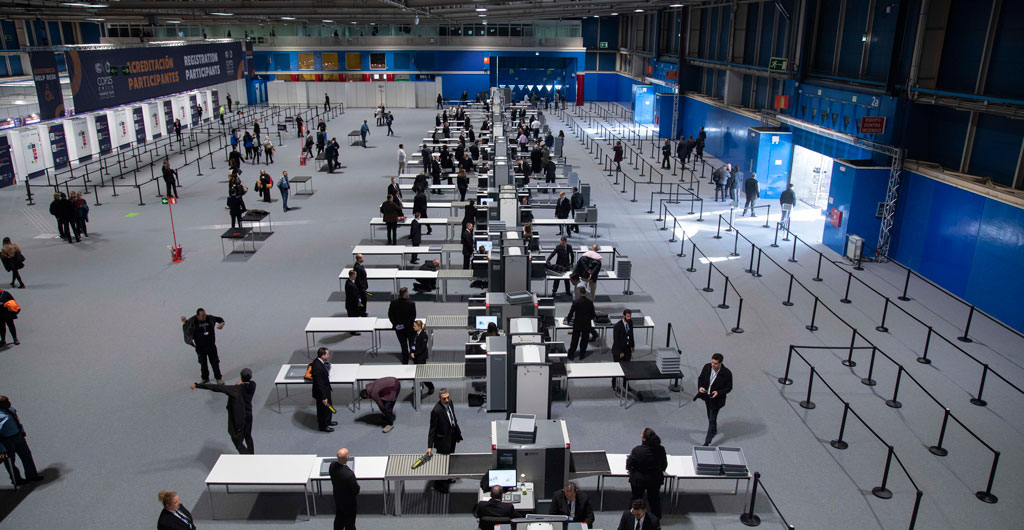
There was a considerable work of stands setup, for which we collaborated with our best suppliers such as Marva, 4ForEverything or Servis. We had 300 hostesses, our security personnel went from 150 to almost 500, we had to almost double our access control staff, and all this coincided with the holiday of December 6-8, which are a long weekend, therefore very bad dates to hire staff. Another atypical part was financial management. We set up an specific solution to cover the payments of the participants’ expenses during the event, on an account that Ifema opened to offer them that service.
Press management was also very important, with more than 2,000 registered journalists. And the management of personalities was another challenge: between presidents of government and heads of state we added 50 people, in addition to Her Majesty the Queen who came two days, as well as the President of the Spanish Government… These types of personalities require a lot of planning, organization, in addition to security to guarantee access without altercations.
The sustainability of the event has apparently been an issue in which everything desired could not be done…
Yes, the part of fulfilling the sustainability of the event on issues such as food or packaging was important but the short time did not allow us to achieve everything we wanted. We have questioned why use plastic if we can avoid them, and today, there are other alternatives. This has helped us, especially in our environmental certifications, and we will raise the standards in this area.
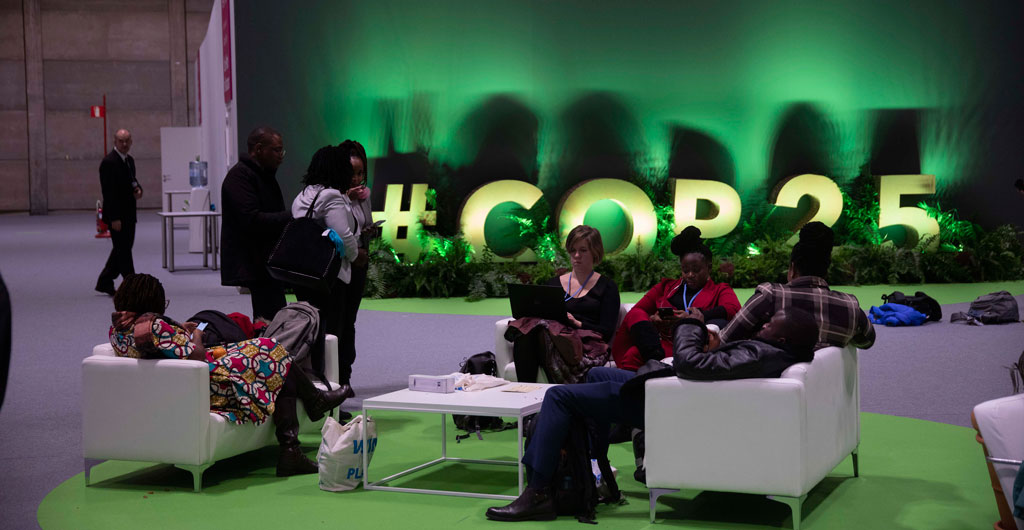
A key learning
We have improved many things, especially teamwork. If you work in a team, everything is possible. We have improved internal security control requirements, we have learned about cybersecurity issues, we have tripled the systems to avoid any failure, all this allows us to raise our heads and say: we can do many more things.











